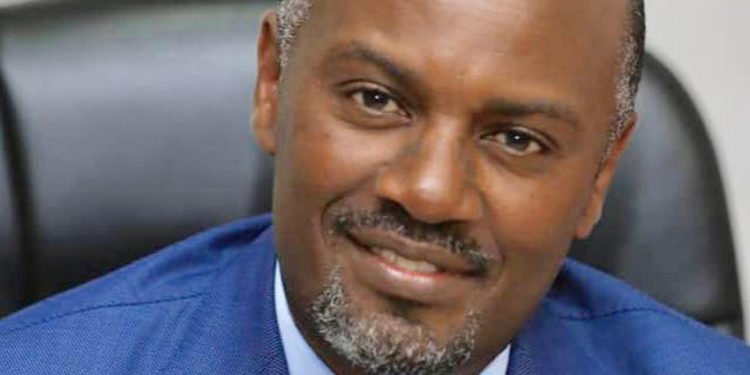In a scathing critique, veteran journalist and political analyst Andrew Mwenda has expressed strong doubts about the viability of former Leader of Opposition Mathias Mpuuga’s new political pressure group Democratic Alliance, suggesting it is “dead on arrival” due to public perception and internal dynamics within Uganda’s opposition.
Mwenda’s comments come in the wake of Mpuuga’s recent departure from the National Unity Platform (NUP) and the announcement of his intentions to establish a new political entity. The decision has sparked controversy, particularly among opposition supporters who have questioned Mpuuga’s integrity and political motivations.
“One because he has left Parliament heavily compromised,” Mwenda said. “There is in the air the smell that corruption deals in Parliament compromised him. The strongest base of the opposition, those with the greatest fanatical enthusiasm, see him as a traitor. So his party will be dead on arrival.”
Mwenda’s reference to allegations of corruption stems from Mpuuga’s handling of Parliamentary affairs and accusations regarding his relationship with government officials. While Mpuuga has denied any wrongdoing, Mwenda argues that perception, rather than reality, will play a critical role in determining the fate of his political future.
“Whether those allegations or suspicions are true or not is irrelevant. What is relevant is the public perception,” Mwenda emphasized.
In his analysis while on NTV on Thursday night, Mwenda didn’t spare NUP and its leader, Robert Kyagulanyi, popularly known as Bobi Wine. He accused the party of failing to maintain opposition momentum and criticised Bobi Wine for his inability to expand his support base beyond his core followers.
“NUP itself has become a non-starter,” Mwenda remarked. “Bobi Wine lacks the tenacity to sustain the momentum of opposition politics. He continues to rally his base but has failed to create a broad coalition.”
Mwenda compared Bobi Wine’s political strategy unfavourably with President Yoweri Museveni’s, highlighting Museveni’s ability to forge alliances with key social institutions such as the Catholic Church, the Buganda Kingdom, and business leaders during his rise to power.
“Museveni knew that to win over society, you need to ally yourself with the powerful social institutions through which people express and identify themselves,” Mwenda said. “Bobi Wine has failed to reach out to those who are undecided and those who disagree with him.”
Opportunism Within NUP
Mwenda also suggested that many MPs who joined NUP, including Mpuuga, did so for “opportunistic reasons,” driven by the party’s initial surge in popularity rather than ideological conviction.
“Most of the MPs who joined NUP did so out of strategic calculation that this was a new party attracting support,” Mwenda noted. “They flocked to it for opportunistic reasons, but I don’t think they believe in Bobi Wine’s leadership.”
Mwenda likened this political behaviour to broader trends, comparing it to the Republican Party in the United States where some members align with Donald Trump despite disagreements with his leadership.
As Mpuuga ventures into uncharted political territory, Mwenda’s critique underscores the challenges he faces in regaining public trust and building a sustainable political platform. According to Mwenda, overcoming the perception of betrayal and corruption will be a significant hurdle.
“Given the way he quit NUP, amidst accusations of dealings with the government, his new party faces an uphill battle,” Mwenda concluded.
As Uganda’s political landscape continues to evolve, the success or failure of Mpuuga’s new party will ultimately hinge on whether he can reshape public perception and demonstrate a clear ideological vision that resonates with the broader opposition.
Do you have a story in your community or an opinion to share with us: Email us at editorial@watchdoguganda.com










